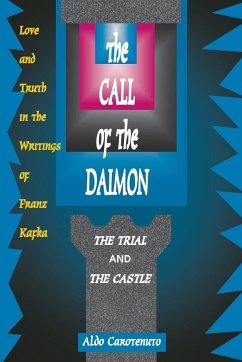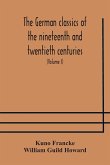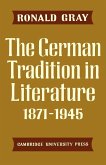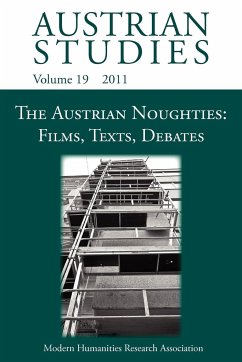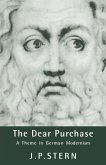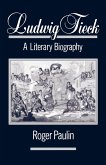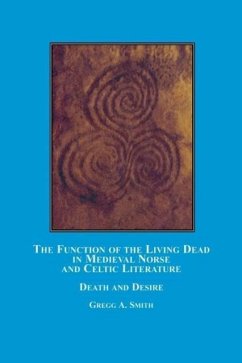The Call of the Daimon: Love and Truth in the Writings of Franz Kafka moves easily between Kafka's life, characters and events in the novels, contemporary poetry, and Aldo Carotenuto's interpretations of critical Jungian perspectives. The primary human event that interests Carotenuto is the call of the daimon: the desire for truth and love that destroys all misconceptions and self-delusions, that demands a constant creative response to life's difficulties, and that ultimately allows the seeker no rest. Both at and analysis are responses to a probing need for truth and love. The daimon's call is the summons to find them, regardless of cost. Kafka made the journey alone for the most part and he recorded his search in his writings. Here, Carotenuto reads two of Kafka's novels, The Trial and The Castle, from the perspective of Jungian Psychology, and finds, if not love and truth, a creative response to the dilemmas of life. Aldo Carotenuto is a professor of personality theory at the University of Rome and the director of the Review of Analytical Psychoanalysis and the Historical Journal of Dynamic Psychology. His many books include The Difficult Art, Kant's Dove, and A Secret Symmetry: Sabina Speilrein Between Jung and Freud. He lives and practices in Rome Table of Contents I. The Parable of the Arrest II. The Alienation of the Marionette III. Guilt and Questioning IV. The Night of the Soul V. The Return to the Mother VI. The Wait in the Dark VII. Entering the Labyrinth VIII. Eros and Violence IX. The Compromise with Existence XI Salvation in Art XI. The Pain Denied XII. From the Metaphor of the Trial to the Metaphor of the Castle XIII. The Call: The Fascination of the Daimon XIV. The Pain of Transformation XV. The Exclusion of the Outsider XVI. The Utmost Challenge XVII. The Illness of Identity XVIII. The Faces of the Mystery XIX. The Other as the Mirror of the Self XX. The Affliction of Questioning XXI. The Realm of the Word XXII. A Look at Death XXIII. Eros Unaware XXIV. The Encounter with the Other XXV.&nbs
Hinweis: Dieser Artikel kann nur an eine deutsche Lieferadresse ausgeliefert werden.
Hinweis: Dieser Artikel kann nur an eine deutsche Lieferadresse ausgeliefert werden.

